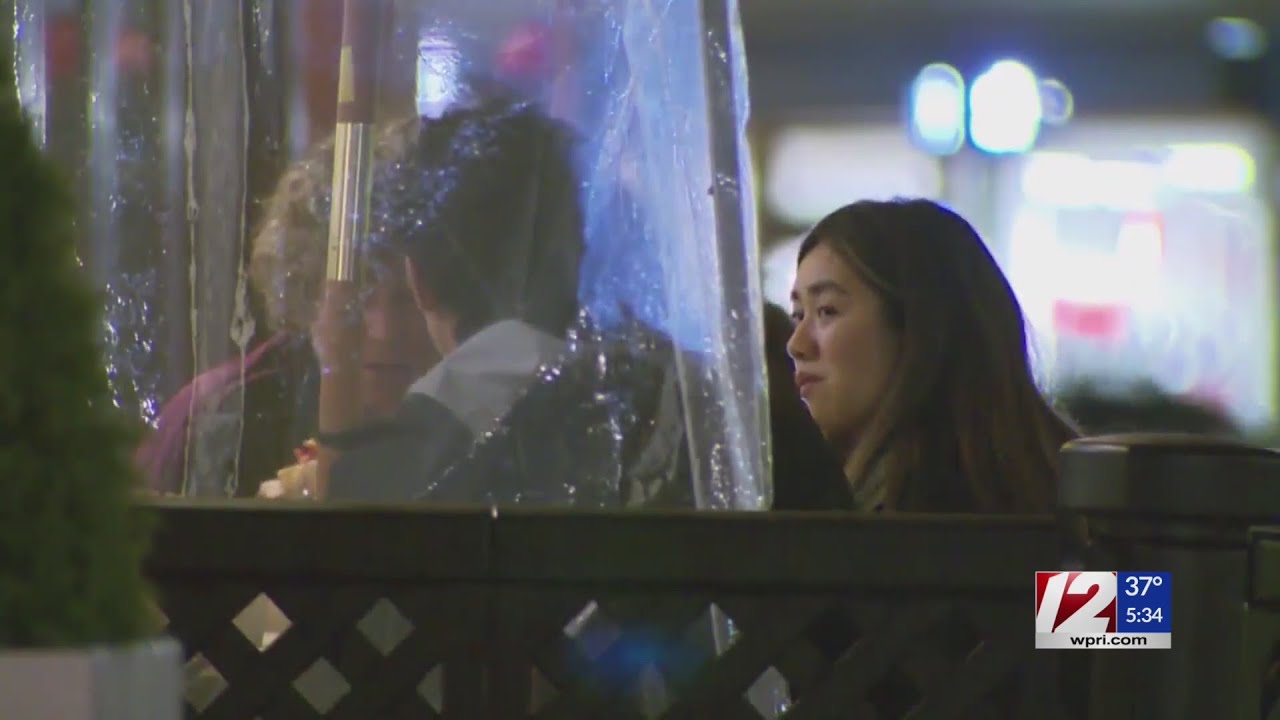Overview of Curfew Laws in Rhode Island
Curfew laws in Rhode Island are put in place to regulate the movement of individuals, particularly minors, during specific hours of the day. These laws aim to maintain public safety, reduce juvenile crime rates, and ensure the well-being of young individuals. The curfew laws in Rhode Island restrict minors from being in public places during designated curfew hours. It is essential for residents and visitors to be aware of these regulations to avoid any legal consequences.
Understanding Curfew Regulations in Rhode Island
The curfew regulations in Rhode Island state that minors under the age of 18 are prohibited from being in public places between the hours of 11:00 PM and 5:00 AM on weeknights (Sunday through Thursday). On weekends (Friday and Saturday nights), the curfew starts at 1:00 AM and ends at 5:00 AM. These curfew hours are uniformly applied throughout the state.
Rhode Island Curfew: Who Does it Apply to?
The curfew in Rhode Island applies to all individuals under the age of 18, regardless of their residency status. Whether they are Rhode Island residents or visitors, minors must adhere to the curfew regulations. It is the responsibility of parents, guardians, and the community to ensure that minors comply with these laws.
Exceptions to the Curfew in Rhode Island
There are certain exceptions to the curfew in Rhode Island. Minors who are accompanied by a parent or legal guardian, or those who are participating in a school, religious, or organized recreational activity, are exempt from the curfew regulations. Additionally, minors who are traveling to or from work, a medical emergency, or an authorized event are also exempt. However, it is important to note that these exemptions may vary slightly depending on local ordinances.
Imposing Penalties for Violating the Curfew
Violating the curfew in Rhode Island can result in various penalties. The first offense usually results in a warning to the minor and their parents or guardians. Subsequent violations may lead to fines, community service, or mandatory attendance in educational programs or counseling sessions. Additionally, parents or guardians who knowingly allow their minor children to violate the curfew may also face penalties.
Impact of Curfew on Crime Rates in Rhode Island
The implementation of curfew laws in Rhode Island aims to reduce juvenile crime rates and increase public safety. By restricting the movement of minors during specific hours, the hope is that instances of criminal activity involving young individuals will decrease. Studies have shown mixed results regarding the effectiveness of curfew laws in reducing crime rates. However, supporters argue that curfews can provide an additional tool for law enforcement to prevent juvenile delinquency.
How is the Curfew Enforced in Rhode Island?
The curfew in Rhode Island is primarily enforced by local law enforcement agencies, including police departments and school resource officers. These authorities are responsible for ensuring that minors comply with the curfew regulations during designated hours. They may conduct regular patrols, monitor public areas, and engage with individuals who appear to be in violation of the curfew.
Reasons for Implementing a Curfew in Rhode Island
The reasons behind implementing a curfew in Rhode Island are multifaceted. The primary objective is to protect minors and maintain public safety. By limiting the exposure of young individuals to potentially dangerous situations during late-night hours, the curfew helps prevent crimes such as juvenile delinquency, drug abuse, and gang involvement. Additionally, curfews can contribute to reducing incidents of vandalism, loitering, and property damage.
How to Obtain Permission for Curfew Exemptions
In certain cases, minors may require exemptions from the curfew regulations in Rhode Island. To obtain permission for curfew exemptions, individuals or their parents or legal guardians must contact the local police department or other authorities responsible for enforcing the curfew. It is important to provide valid reasons for the exemption request, such as documented participation in authorized activities or work-related obligations.
Historical Context of Curfew Laws in Rhode Island
Curfew laws have a deep-rooted historical context in Rhode Island. The implementation of these laws can be traced back to the early 20th century when many cities across the United States started enacting curfew regulations as a response to increasing youth crime rates. The specific curfew hours and enforcement methods have evolved over time, adapting to the changing needs and circumstances of the community.
Comparing Rhode Island’s Curfew to Other States
When comparing Rhode Island’s curfew laws to those of other states, there are both similarities and differences. While the curfew hours and exemptions may vary, the fundamental goal of safeguarding young individuals and maintaining public safety remains consistent. Some states have implemented stricter curfew regulations, while others have more lenient rules. Regional factors, crime rates, and local community concerns often influence the variations in curfew laws across different states.
Evaluating the Effectiveness of Rhode Island’s Curfew Law
The effectiveness of Rhode Island’s curfew law in achieving its intended objectives has been a subject of ongoing debate. While proponents argue that curfews contribute to lower crime rates and protect vulnerable individuals, critics claim that they infringe upon personal freedom and may not effectively address the root causes of juvenile delinquency. Evaluating the impact of the curfew requires a comprehensive analysis of crime statistics, community feedback, and expert opinions to determine its true effectiveness in Rhode Island.





